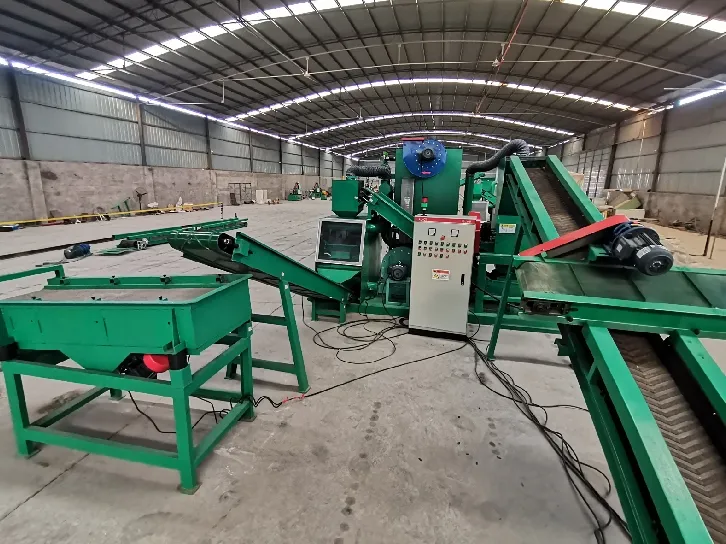

Noy . 16, 2024 05:49 Back to list
Understanding E-Bins Disposal A Modern Approach to Waste Management
In the modern world, where technology and consumption reign supreme, the management of electronic waste (e-waste) has become a pressing issue. The increasing volume of discarded electronic devices poses significant environmental and health challenges. To address these concerns, innovative solutions like e-bins disposal are being developed and implemented worldwide. This article explores the concept and importance of e-bins disposal in the context of environmental sustainability and public health.
The Rise of E-Waste
E-waste refers to any discarded electrical or electronic devices, including computers, phones, televisions, and refrigerators. According to the Global E-Waste Monitor, approximately 53.6 million metric tons of e-waste were generated worldwide in 2019, a figure that is expected to increase by 21% by 2030. This rapid growth is largely due to the fast pace of technological advancement and the resultant short product lifecycles. In many cases, consumers upgrade their devices without properly disposing of the old ones, leading to a significant accumulation of e-waste.
What are E-Bins?
E-bins, or electronic waste bins, are specialized containers designed for the collection and disposal of e-waste. These bins aim to provide a convenient and responsible means for consumers to dispose of their outdated gadgets. E-bins can be found in various public spaces, including shopping centers, schools, and community centers, making it easier for individuals to recycle their electronic devices properly.
These bins serve not only as a physical solution for e-waste disposal but also as an educational tool. They typically feature information on the importance of recycling e-waste, the types of materials that can be recycled, and the potential hazards of improper disposal. This approach fosters awareness and encourages responsible consumer behavior.
Why E-Bins Disposal Matters

1. Environmental Protection E-waste contains hazardous materials, such as lead, mercury, and cadmium, which can leach into soil and water supplies, posing severe risks to the environment. By utilizing e-bins, consumers can ensure that their electronic devices are disposed of safely and responsibly, minimizing the chances of these harmful substances contaminating the environment.
2. Resource Recovery Many electronic devices contain valuable materials, such as gold, silver, and rare earth elements. E-bins facilitate the collection of e-waste, allowing for effective recycling processes that can recuperate these materials. This not only conserves natural resources but also reduces the environmental impact associated with mining for these materials.
3. Public Health Improper disposal of e-waste can lead to health risks for communities, especially in areas where e-waste is dumped or poorly managed. Toxic substances from these devices can pose serious health risks to individuals, particularly children and vulnerable populations. E-bins disposal helps to mitigate these risks by ensuring that e-waste is processed in a safe and regulated manner.
4. Data Security Many electronic devices store sensitive personal information. Properly disposing of e-waste through e-bins minimizes the risk of data breaches. Responsible recycling programs often include data destruction services, ensuring that personal information is irretrievable.
Conclusion
As the volume of e-waste continues to rise, the need for effective disposal methods becomes increasingly critical. E-bins disposal presents a viable solution to manage electronic waste responsibly, benefitting the environment, public health, and individual consumers. As awareness grows and more communities adopt e-bins programs, the burden of e-waste can be alleviated through collective action.
Promoting the use of e-bins not only addresses the pressing issue of e-waste but also fosters a culture of sustainability and responsibility. It encourages individuals to think critically about their consumption habits and the lifecycle of their electronic devices. By embracing e-bins disposal, we can pave the way toward a cleaner, healthier planet for future generations.
Latest news
Troubleshooting Common Eddy Separator Problems
NewsJul.04,2025
The Role of Metal Recycling Plants in Circular Economy
NewsJul.04,2025
The Impact of Recycling Line Pickers on Waste Management Costs
NewsJul.04,2025
Safety Features Every Metal Shredder Should Have
NewsJul.04,2025
How Industrial Shredders Improve Waste Management Systems
NewsJul.04,2025
How Cable Granulators Contribute to Sustainable Recycling
NewsJul.04,2025